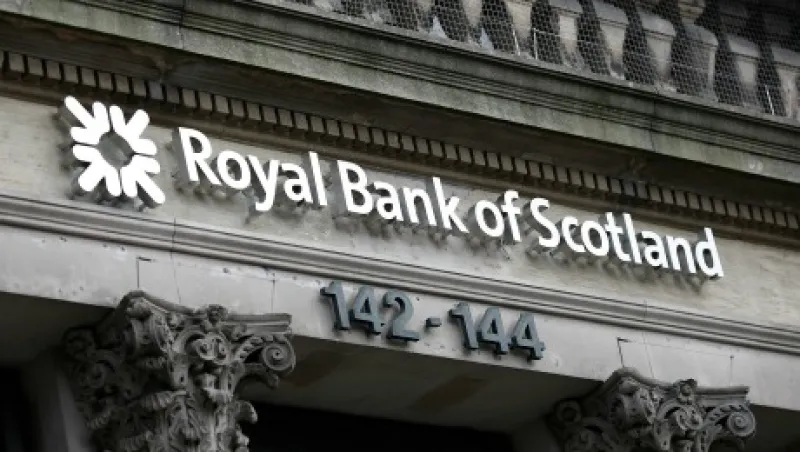
Daily Agenda: RBS to Move to London If Scotland Votes for Independence
German inflation remains unchanged while Chinese inflation contracts; Australian job creation surged in August; U.S. initial jobless claims data on deck.
Andrew Barber
September 11, 2014


